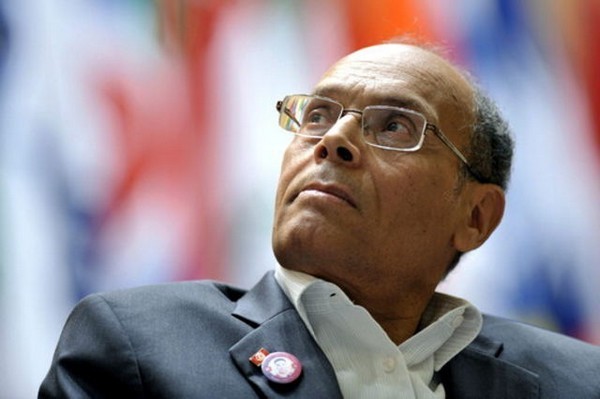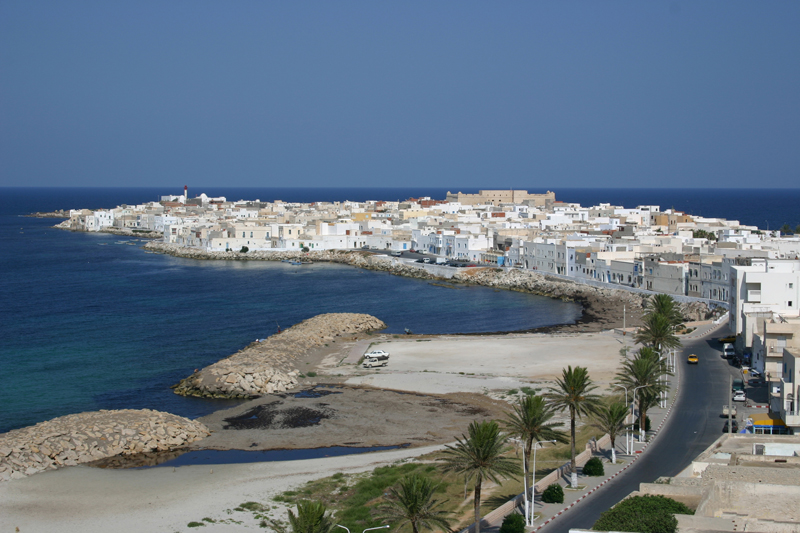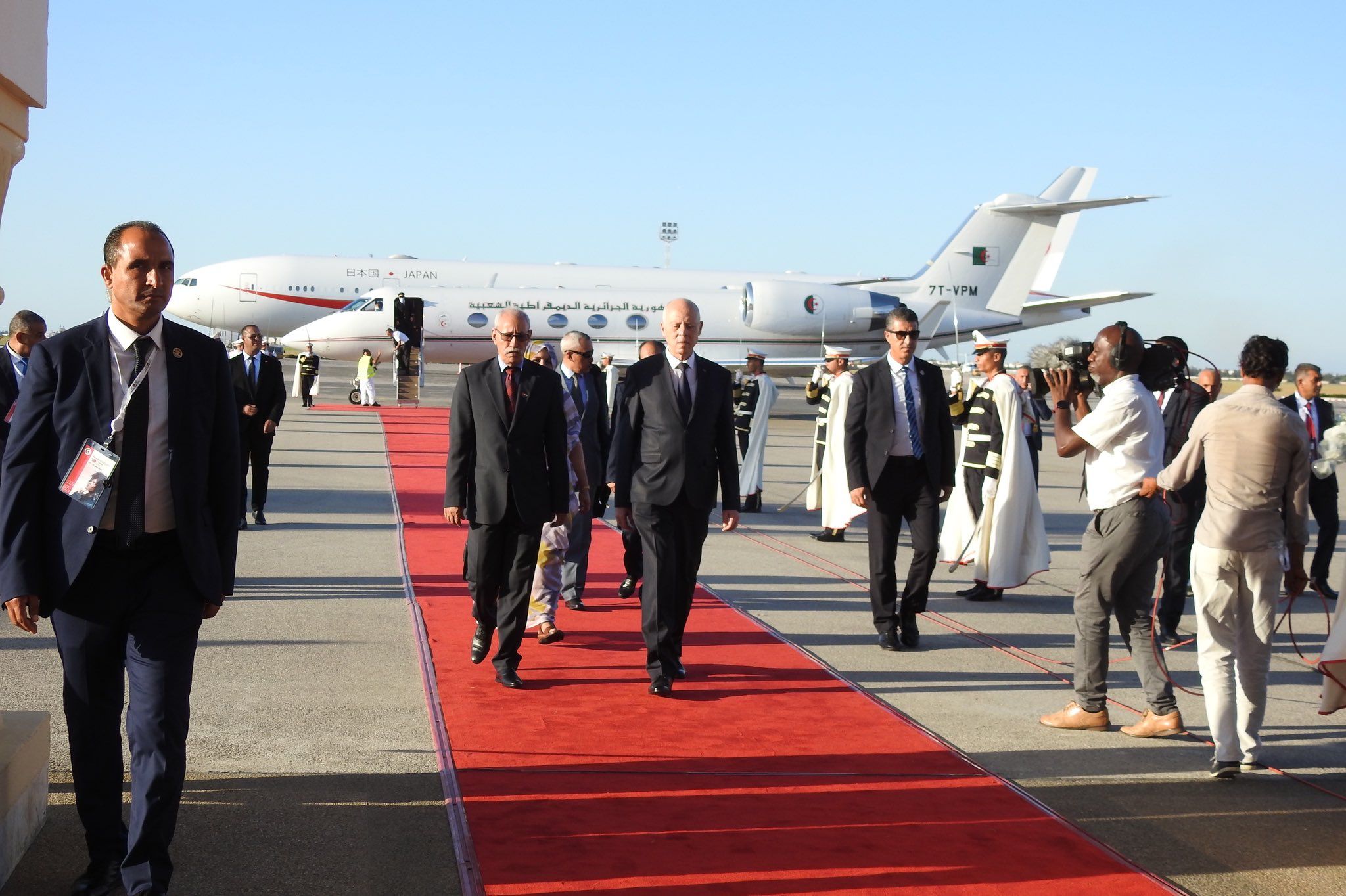In June 2025, Algeria and Tunisia jointly endorsed the Soumoud Convoy, a humanitarian land mission aimed at delivering aid to Gaza. The convoy, which departed from Tunis on June 9, included hundreds of activists mostly from Tunisia, Algeria, and other international leftist figures. It was intended to reach the Gaza Strip via Egypt’s Rafah crossing, but was largely blocked in Libya and canceled on June 16.
While the initiative was framed as a humanitarian gesture, it has drawn criticism for its political undertones and selective solidarity.
Algeria’s participation in the convoy is particularly striking given its ongoing ban on pro-Palestinian protests within its own borders. Despite its rhetorical support for the Palestinian cause, Algerian authorities have cracked down on public demonstrations, citing national security concerns.
This contradiction has led observers to question the authenticity of its solidarity.
Moreover, Algeria continues to maintain closed land borders, particularly with Morocco, underlining its isolationist stance in regional affairs. Yet, it chose to support a transnational convoy that required open borders and open cooperation.
Meanwhile, the Algerian regime and its Tunisian ally used maps that amputate Morocco’s southern provinces and invited pro-separatist figures to take center stage at the convoy, reflecting the political use by the two regimes of what was supposed to be a solidarity campaign.
This selective caravan has been interpreted by some analysts as a strategic move to embarrass Egypt, which has faced criticism for its tight control over the Rafah crossing and its coordination with Israel.
Tunisian President Kais Saied has also come under scrutiny. He has positioned himself as a staunch supporter of the Palestinian cause, while he has actually been using the move to distract attention from his domestic policies that left many Tunisians queuing for basic goods such as bread, sugar, and fuel.
Perhaps the most glaring inconsistency in the convoy’s narrative is the lack of similar aid efforts for Sudan, a country just south of Egypt that is currently enduring a catastrophic civil war and humanitarian crisis. Neither Algeria nor Tunisia has mounted a comparable initiative for Sudanese civilians, prompting accusations of hypocrisy and selective humanitarianism.
The Soumoud Convoy ultimately failed to reach Gaza, blocked by Libyan forces loyal to General Khalifa Haftar and denied passage by Egyptian authorities
As the dust settles, the convoy may be remembered less as an attempt to deliver meagre aid and more for the political theater it exposed.
The convoy was more of a stage to spit anti-Morocco propaganda and attack Arab regimes that have ties with Israel.
In contrast, Morocco has delivered substantial aid to Gaza through direct coordination with Egyptian and Palestinian authorities. Without the spectacle of convoys or slogans, Morocco’s approach has been praised for its efficiency and effectiveness. While others marched and chanted, Morocco quietly ensured that aid actually reached those in need.



